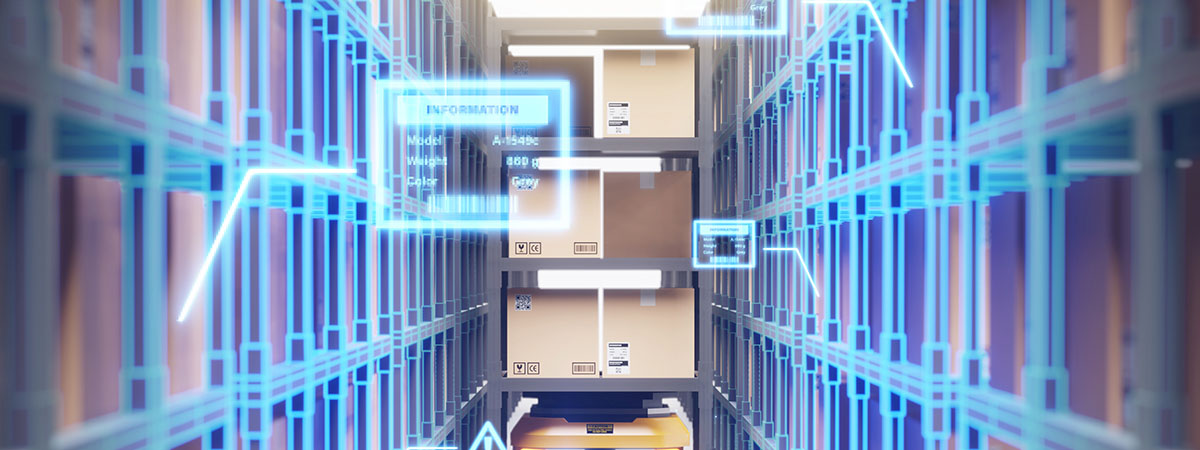
Industry 4.0: what is it and what questions should my company be asking?

The ever-changing Manufacturing World
Manufacturing has evolved from steam-powered mechanical systems in the first industrial revolution, through to mass production on assembly lines at the change of the 20th century. In more recent memory, advances in silicon chip technology have had enormous impacts on the industry allowing advanced electronics and automated control systems such as PLC (programmable logic controllers) to become commonplace in many factories and workshops around Europe and the globe.
Each major shift in the way we design and manufacture the world around us requires a change in thinking and the way we look at the world and how we operate our companies and workshops. The manufacturing industry is now shifting its sights to and embracing the next revolution, commonly labeled as Industry 4.0.
Industry 4.0
The new industrial revolution is being driven by an ever-increasing number of consumer products, machines, and devices all interacting and communicating with each other as a continuously interconnected network. Known commonly as IoT or The Internet of Things.
Much of this interconnected digitization is obvious to the public at the downstream end of manufacturing through amazing new products and services being released. Autonomous cars are making decisions based on their surrounding environment, independent from the driver. Sports coaches can track their players’ biometric performance using wearable devices in real-time and diabetic patients can get instant insulin level readings because of this amazing leap in technology.
This same fusion of human, physical product, machine, and virtual technology through masses of complex data transfer over digital networks is also starting to happen behind the doors of companies and workshop floors around the world.
Interconnected systems between designers, engineers, customers at a human level (via the internet and virtual systems of course) are changing. Change is happening in not only the way we design products but also in the development and delivery processes that enable them. Customer needs and requirements having seamless ability to control the way machinery operates as well as bridging the gap between supply chains allowing faster and more rapid customization and responsive product change.
Transition to a digitalized workplace
An increasing number of EU member states are beginning to create incentives, strategy and enact policy change to enable companies to pursue a smart, digital manufacturing economy.
Interconnectivity has not been seen at this level in the past. It will require many new business models and services to evolve out of necessity to allow growth and enable existing manufacturers to remain competitive in a changing industrial economy.
However, to truly bring digitization to a manufacturing environment can be a daunting task to those that are considering diving into digitization and a newer smart manufacturing environment.
With huge amounts of data and infinitely possible combinations of compatibility between manufacturing interfaces, assets, and supply chains it can be challenging for new players and executive actors to digitalization to know where to focus their resources and efforts. Learning how to do so will be key to staying competitive in the evolving manufacturing world and more efficiently leveraging a global market.
When looking for the next steps to take as a company, it can be easy to get lost in the jargon and overly superfluous white papers and published content currently tackling the details and technical points of Industry 4.0. Companies are needing to know where to look for help and what questions to start asking about their current and future operations.
At what level of our company should we invest in digital solutions and automation? What data is important to us and how can it be efficiently leveraged to produce better efficiencies or end products? How can we minimize the barrier of entry and make digitalization accessible with minimal negative impact?
This is where the experts at Advanced Manufacturing Center can help you and your company ask the right questions. Get in touch to talk about the questions you need to ask to transition to Industry 4.0 in your company.
